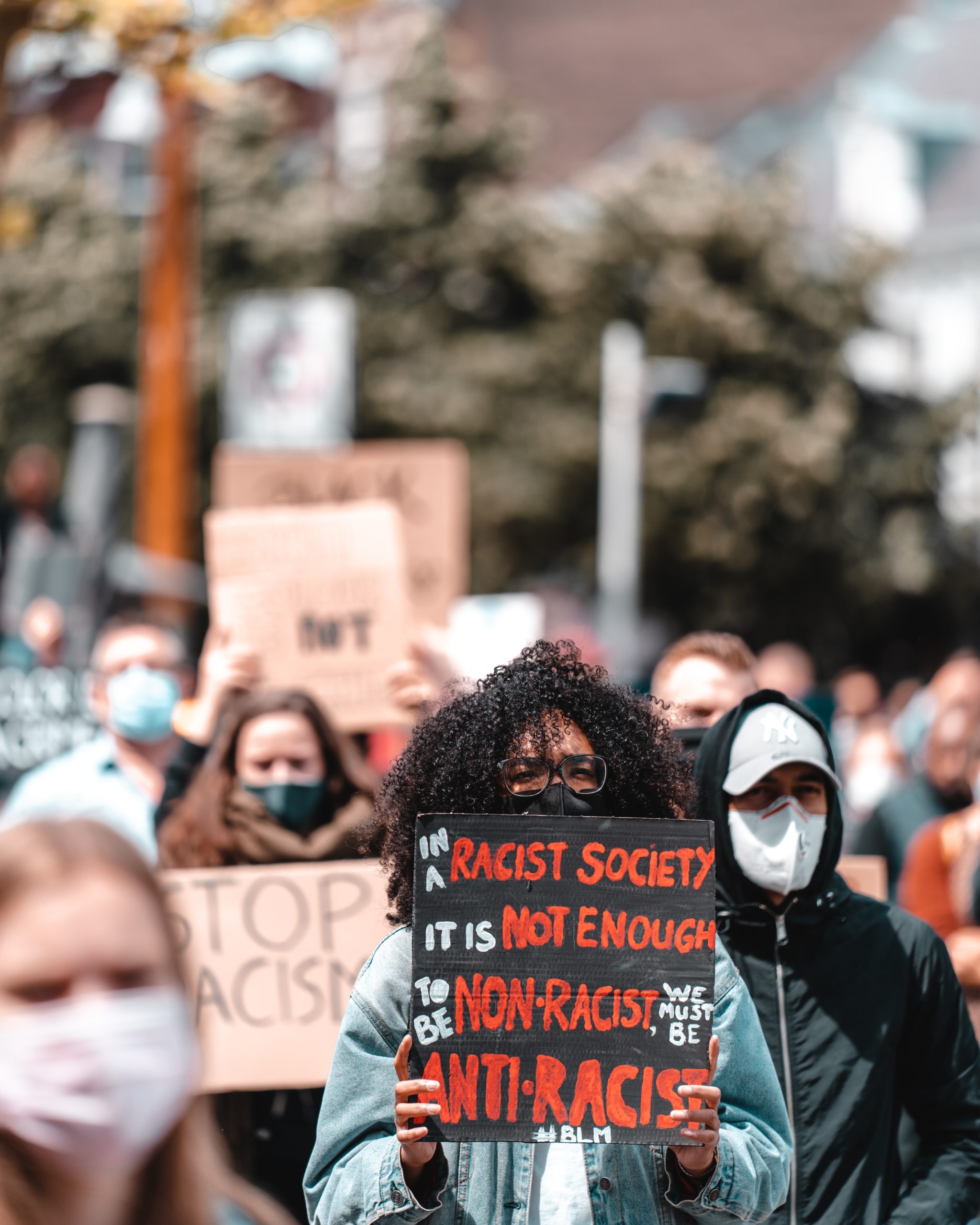Since we last wrote about anti-racism a few months ago, we have continued to grapple with the question of what steps a Vermont company can take to become actively anti-racist. There are few easy answers, particularly in a state with so few people of color. Yet that is not a reason to sink back into complacency. We are committed to identifying and carrying out specific practices that will keep this critical work moving forward. A few of our recent actions have included:
- Shared conversations – we’ve discussed racism in team meetings.
- Shared resources – we’ve created a resource directory on our company’s shared network drive for staff to post useful articles and resources on anti-racism.
- Anti-racism sponsorship – we sponsored the webinar series “Seeing and Disrupting Racism: A Focus on White Fragility” hosted by Vermont Businesses for Social Responsibility (VBSR).
- Equity Alliance – we are meeting weekly with a small cohort of companies involved in Vermont’s real estate development industry to educate ourselves about racism, identify best practices we can implement personally and in our companies, and hold each other accountable.
We’ve also been taking advantage of programming offered by Vermont organizations to challenge and advance our thinking. Some key takeaways:
At VBSR’s first Virtual Town Hall on Racial Justice, Xusana Davis, the State of Vermont’s Executive Director of Racial Equity, asked participants to self-reflect: “How much racism do I tolerate?” When we hear someone make a racist comment, do we ignore it because we’re uncomfortable and don’t want to criticize, or do we speak up?
When we speak out against racism, how can we do so productively? In another seminar, Paul Suk-Hyun Yoon of CQ Strategies suggested using the “Art of Mindful Inquiry.” Instead of criticizing, he encouraged active listening and questioning: “What I heard was…” “Tell me more about what you meant by…” “What do you need/want?” Such questions can be easier to say, and to hear.
Maintaining momentum in our anti-racist work is important. One tactical approach I have found helpful came from Tabitha Moore of the Rutland Area NAACP. She recommended setting a calendar reminder marked with something that is particularly emotionally resonant. In my case, it was a reminder of when a friend cited a time that I had demonstrated biased behavior. When I see the calendar reminder each week, it helps me stay present with the ongoing need to surface and combat racism and bias.
These actions are all small, to be sure, but there is power in bringing awareness to our everyday behaviors and perspectives and making inclusivity more routine.
By: David G. White
